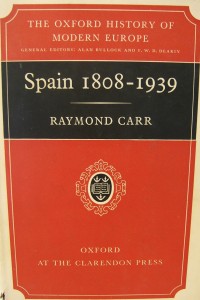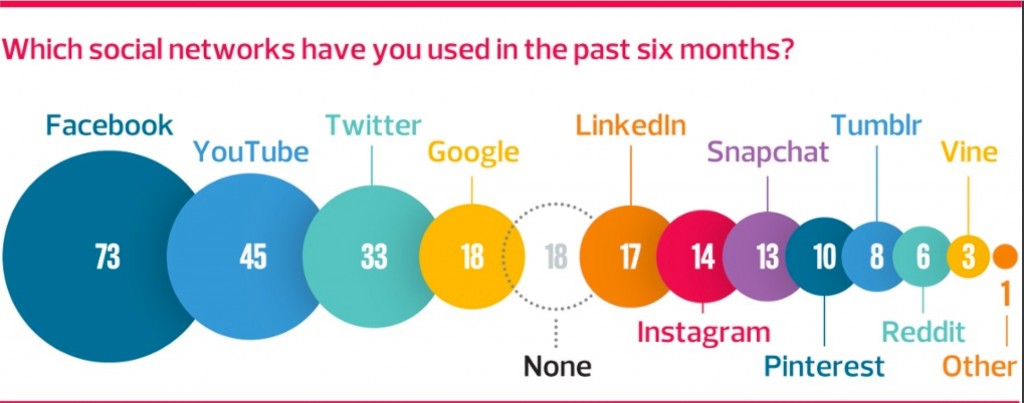Fascinating piece in Slate.
At 7.32pm on March 27, Dama Mattioli, a reporter on the Wall Street Journal, tweeted thus:
“Intel is in talks to buy Altera. Deal would be largest in Intel’s history. Scoop w/ @danacimilluca coming to http://WSJ.com $ALTR”
Seth Stevenson of Slate recounts what happened next:
Quicker than any human seemingly could have done it, someone—or rather something—bought $110,530 worth of cheap options on Altera, a company that makes digital circuits.* Over the next several minutes and until the end of the day, as humans digested Mattioli’s takeover rumor at human speed, Altera’s stock price rose. When all was said and done, those cheap options had resulted in a $2.4 million profit. Speculation immediately centered on the idea that an automated program (a “bot”) had scanned the tweet, interpreted its meaning, and instantly bought those options based on an algorithm. The robot had read the tweet and made a killing on it before anyone knew what was going on.
In fact a Reuters report found that the trade in question was made a full 19 seconds before the tweet appeared. In a way, though, that only makes the story even more interesting. The WSJ has a policy of putting news on its own newswire before it goes on Twitter and it turns out that the trades occurred a mere second after news of the possible deal appeared on Dow Jones Newswires, and before Altera’s shares were halted.
Yep. A second.
Which means — or at any rate suggests — that an algorithm ‘read’ the news headline and acted to buy short-term options on Altera shares. Which is yet another pointer to what it happening to stock exchanges.




